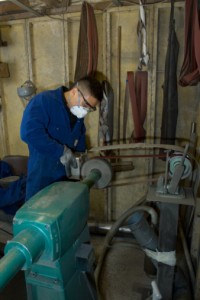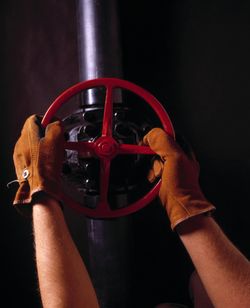June is safety month, and we’ll be sharing useful graphics all month. Today we focus on industrial safety hazards.
If you work in industrial environments, you know that workplace injuries are far too common when safety isn’t prioritized. From minor slips and trips to major injuries and worse, there are plenty of possibilities.
In order to reduce workplace accidents, we created a graphic designed to remind workers of the best ways to protect themselves.







